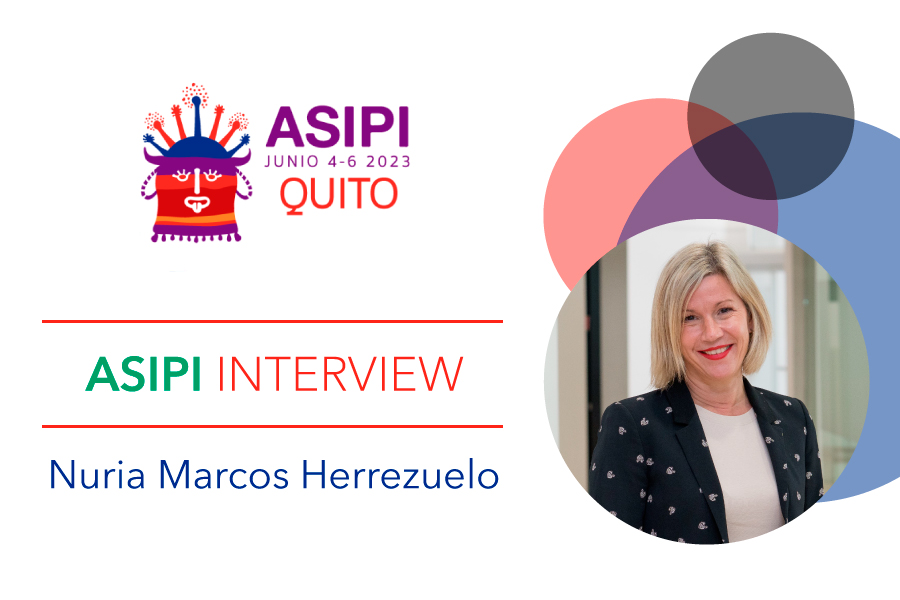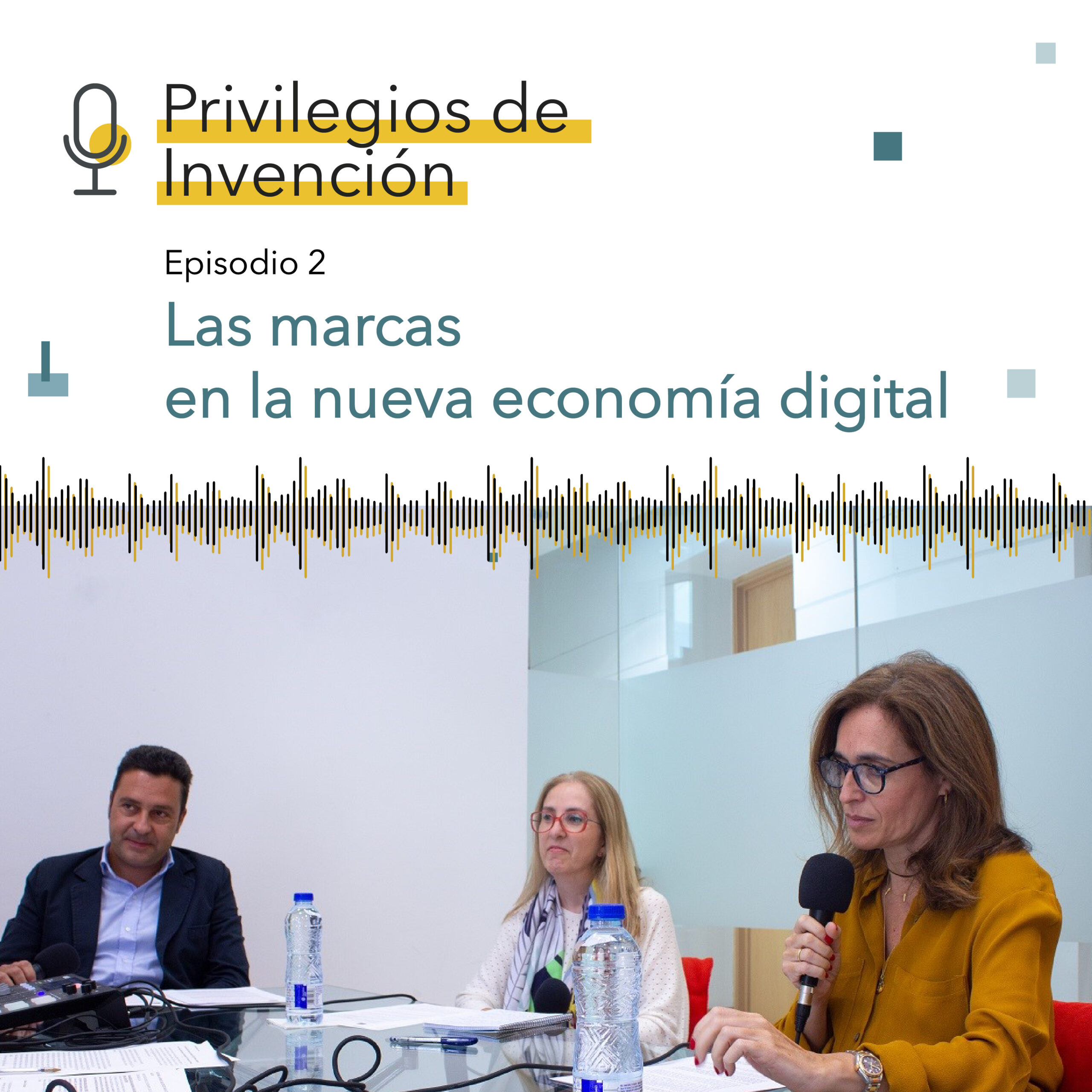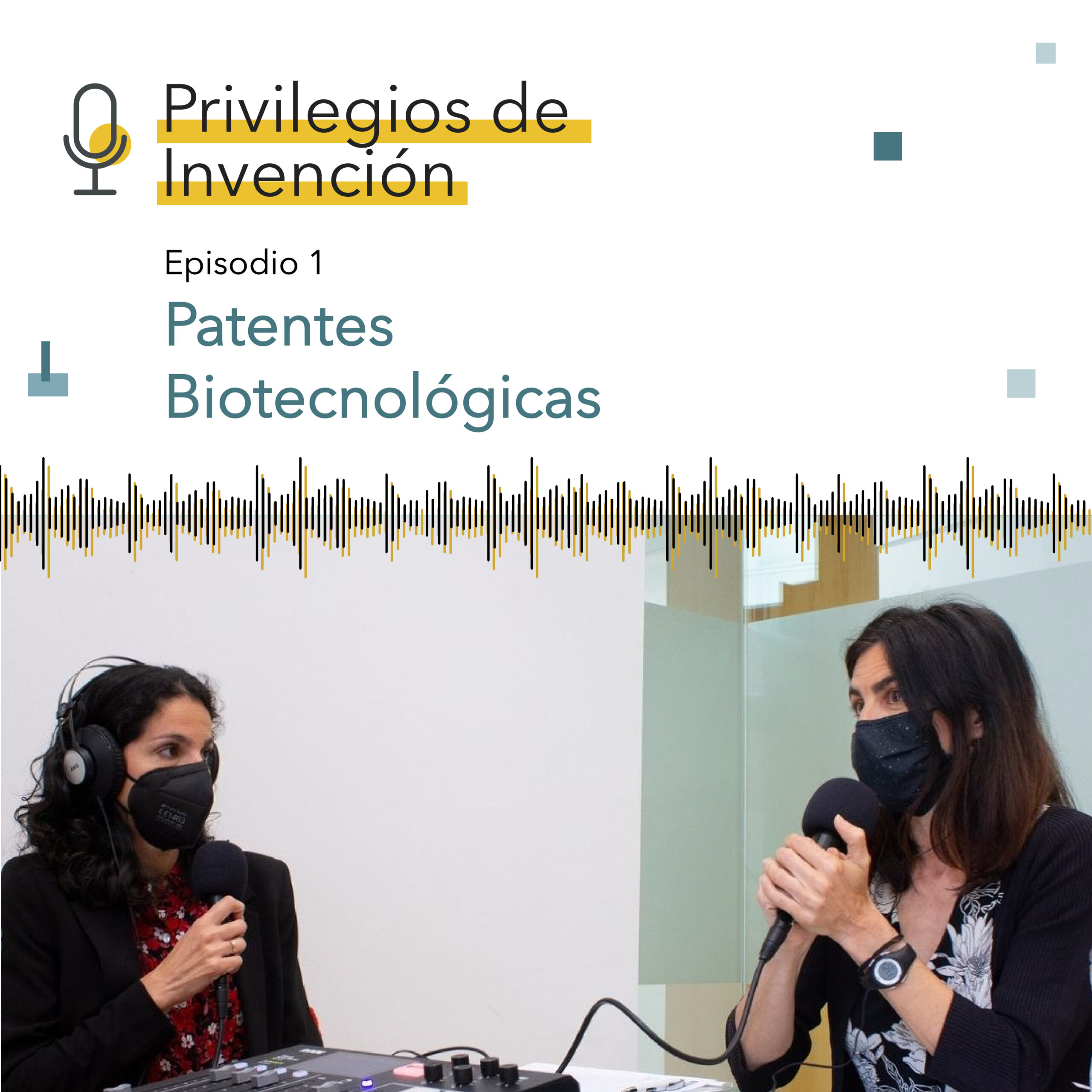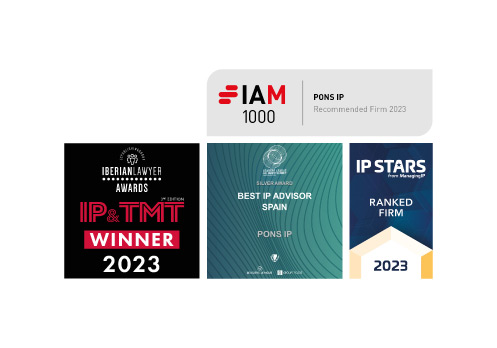1. You have been the General Manager of Pons IP Spain since 2010. What is the most significant change you have noticed in legal practice over the past years?
I would highlight the profound change that the digital transformation is bringing about in the legal practice of our sector. This trend, accentuated since and because of the pandemic, is on the one hand, a great opportunity for the intellectual property legal practice, but it also raises for us, as professionals, challenges and new scenarios that need to be addressed from a legal point of view.
At PONS IP, we have taken advantage of this opportunity from a dual perspective, on the one hand, to address the comprehensive transformation of our internal processes to evolve towards a more efficient and digitised company, and on the other, to create new value-added services for our clients, taking advantage of new scenarios such as the metaverse, or taking advantage of artificial intelligence.
From this second perspective, we are incorporating legaltech services into our portfolio. These services will enable the protection of assets using digital tools based on blockchain and qualified timestamp, applications that, thanks to AI algorithms, allow us to know if our clients’ brands are being misused on the Internet, or in the future, in the different metaverses that are beginning to be generated.
Given that companies are evolving towards a more sophisticated way of managing their branding, innovation and knowledge, at PONS IP we are focused on being that legal partner that accompanies them in defining the strategy and comprehensive management of their increasingly more complex intangible assets, anticipating their needs in terms of industrial and intellectual property and that all this is reflected in an improvement in their turnover. Industrial and Intellectual Property firms, supported by new technologies and digitisation, have the opportunity to promote a cultural change in companies and a business management model that is more focused on the generation and management of intangible assets and technology.
2. You will be participating in the panel “Brand valuation: Which methodology is the best?” Which is it?
According to the Standard & Poor’s 500 index (S&P 500), 84% of the value of companies already stems from the value of their intangible assets. If we also take into account that knowing the real monetary value of a brand at any given time facilitates strategic decision making, promotes transparency and accountability in management by those responsible for these companies, provides value in merger or acquisition processes of other companies and allows us to determine the price in licensing or obtaining funding from banks, the advantages of economically evaluating brands to determine their real value in any of these circumstances seem obvious.
There are two main approaches to the economic valuation of brands: quantitative approaches that are based exclusively on numerical data and projections of these data through mathematical and financial models, and qualitative approaches that incorporate, in addition to that already mentioned, subjective elements obtained through market surveys, interviews and statistical analyses. Both approaches have their advantages and limitations, and it is common to use a combination of them to obtain a more complete and precise valuation.
Normally, methodologies that evaluate qualitative as well as quantitative aspects, are usually proprietary methodologies of large consulting firms that, with their experience and reputation, endorse the validity of their methods. The subjective evaluation takes into account various aspects related to the brand being valuated, such as its market positioning, reputation, recognition and strength, and is obtained through techniques such as market surveys, interviews and statistical analyses. Qualitative methods are useful for understanding consumers’ perception of and the position of the brand on the market, as well as its economic value and, on the other hand, they have the extremely favourable advantage that no third party will question their validity given the recognition of the consultancy firms that issue them, while the drawback is their high cost in terms of economic, time and human resources. Qualitative methods are usually used by large multinational companies to valuate their corporate brands, as these companies have the resources needed to undertake projects this type. In addition, these consultancy firms usually publish their own rankings with the value of the brands they have valuated.
Quantitative methods, on the other hand, are based on the analysis of numerical data and their processing by means of mathematical and financial models, and are therefore based on objective and quantifiable information. They have the advantage of being less costly than qualitative methods.
The most commonly used quantitative methodology to valuate brands is the discounted cash flow methodology, which is based on the fact that the value of the brand is intrinsic to the expected revenue stream it generates, discounted at an appropriate rate. The source for estimating cash flows is usually the business plan of the company that exploits or intends to exploit the brand, and is often used to valuate brands of companies seeking capital through funding rounds or other forms of capitalisation, although this method is difficult to apply in high-risk or highly technological sectors due to the difficulty of projecting future cash flows in these markets.
This discounted cash flow method, together with the royalty method, which is also based on a revenue criterion (specifically the amount that a company can save by owning the brand and not having to pay a licence fee for using it), are the most widely used methods for brand valuation, because they allow greater flexibility when determining a value for the brand, although they are less rigorous because the discount rate involves a certain component of subjectivity.
Another widely used method is based on the sum of the costs incurred over the life of the brand to obtain it as a benchmark for calculating its value. This methodology is particularly useful for the valuation of assets that are still in the research and development phase, or assets about which there is little information. The information is easily obtained from accounting sheets and is often the preferred method for corporate finance departments. Finally, we can value brands using a market approach, based on similar market transactions, such as licensing agreements on comparable brands. This method is often used for valuations for internal purposes or to quantify compensation in litigation cases. Here, the difficulty lies in the difficulty of gathering comparable or similar data, as transactions are often confidential. And the great advantage lies in its accuracy, as it approximates market reality.
3. In 2020 you gave a talk entitled “Intellectual property: obstacle or solution in the times of Covid-19” where you argued that “we had to define industrial property management models that foster innovation and help us build the new post-Covid 19 world order”. Do you think we have made any progress there?
Of course we have made progress. We have gone through very delicate times, and companies have learned to be resilient, first overcoming the pandemic and then the invasion of Ukraine, which has caused serious problems in supply chains. These circumstances have also made us aware of the progressive technological dependence on other countries in areas that are fundamental for the economic and social development of respective countries. The context we have been experiencing in recent years has also taught us that it is necessary to tackle reindustrialisation and the generation of our own technology, especially in Europe and specifically in Spain, and industrial property plays a fundamental role in this.
In Spain, and also in other Latin American countries, our culture is still focused on the value of tangible assets and not so much on intangible assets. This is something that contrasts with the spirit of other countries such as China, the USA or Germany, which have this concern in their culture and see the usefulness of resorting to the possibilities that industrial property offers to adequately manage the technological assets resulting from innovation and minimise this dependence on third-party states.
Interview carried out by the Organising Committee of the ASIPI Quito Congress with our General Manager within the framework of our participation in the round table debate on Asset Valuation and Industrial Property.
All the conclusions of the congress can be downloaded here: https://solucionesip.ponsip.com/asipo_boletin_quito_2023
The full interview with Nuria Marco, CEO of PONS IP: https://solucionesip.ponsip.com/asipo_boletin_quito_2023
All the congress info can be found here: https://asipi.org/quito2023/?lang=es




